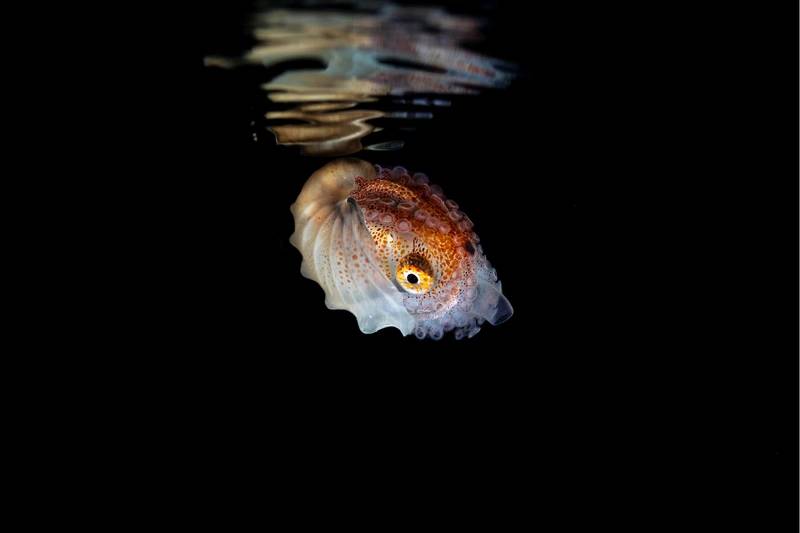This week at Marine Technology News…
One of the earliest documented examples of biomimicry is attributed to Leonardo da Vinci when he studied fish to help conceptualize a submarine.
The latest case of studying fish for subsea machines is described this week in Marine Technology News. A team of researchers from North Carolina State University beat their own record for the fastest swimming soft robot, drawing inspiration from manta rays to improve their ability to control the robot’s movement in the water.
But, there’s plenty more “fish” in the sea that have inspired subsea robotics, including:
Scientists at the University of Oregon discovered that colonies of salps, gelatinous sea animals, swim through the ocean in giant corkscrew shapes using coordinated jet propulsion, an unusual kind of locomotion that could inspire new designs for efficient underwater vehicles.
Experts at the Max-Planck Institute for Intelligent Systems are developing jellyfish robots designed to rid the ocean floor of plastic without disturbing coral-reef species.
Yale researchers have created an amphibious robot turtle with limbs that can adapt their shape, stiffness and behavior depending on whether they are on land or in the water.
Engineers at the University of California San Diego have built a squid-like robot that can swim untethered, propelling itself by generating jets of water.
According to da Vinci: “All our knowledge has its origins in our perceptions.”
So, what will be next? As many as 20,000 marine species are described every decade – so there’s plenty of fresh inspiration available.

